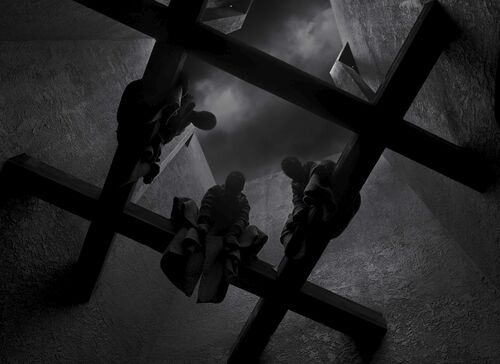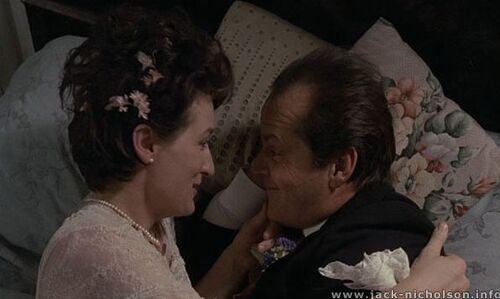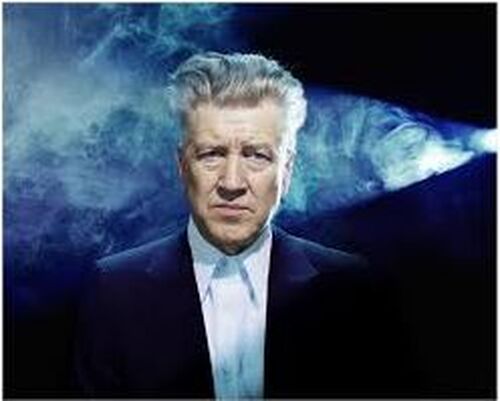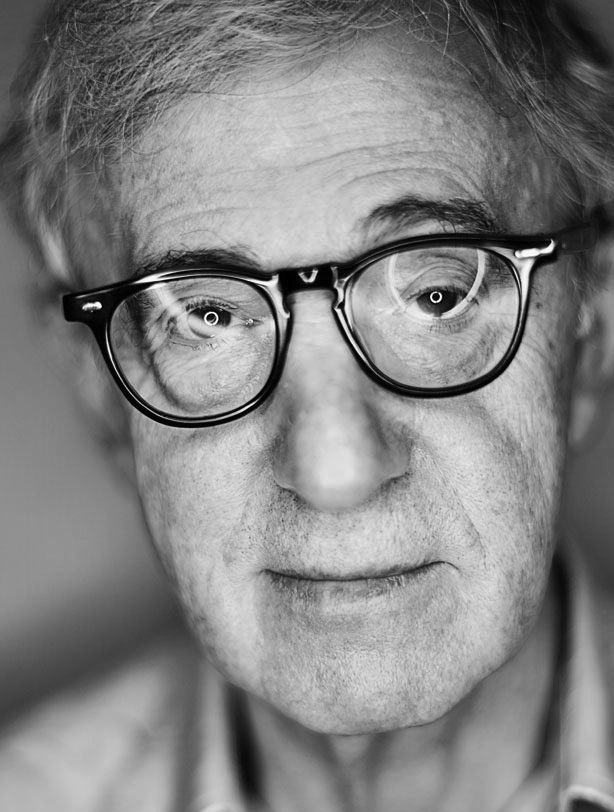
Woody Allen Retrospective: Manhattan
 My favorite part of doing a retrospective project on a director, especially a favorite like Woody Allen, is finding the gems that are largely overlooked in their filmographies. The month I spent watching Woody Allen films brought to light many such gems that I had not yet seen. I would be remiss, however, if I neglected to mention the masterworks that everyone recognizes in Woody Allen's illustrious career. Manhattan is a beautiful film full of heart and artistry. I can't believe it took me so long to see Manhattan. Manhattan is one of those rare films that meets every tremendous expectation put before it. Topping many "best of" lists is should be easy to be disappointed by Manhattan after hearing about it for so long before actually seeing it, but that doesn't happen. The simple message of love, regret, and having faith in people is as endearing and alluring to watch in Manhattan as I'm sure it was on the day of its premiere.
My favorite part of doing a retrospective project on a director, especially a favorite like Woody Allen, is finding the gems that are largely overlooked in their filmographies. The month I spent watching Woody Allen films brought to light many such gems that I had not yet seen. I would be remiss, however, if I neglected to mention the masterworks that everyone recognizes in Woody Allen's illustrious career. Manhattan is a beautiful film full of heart and artistry. I can't believe it took me so long to see Manhattan. Manhattan is one of those rare films that meets every tremendous expectation put before it. Topping many "best of" lists is should be easy to be disappointed by Manhattan after hearing about it for so long before actually seeing it, but that doesn't happen. The simple message of love, regret, and having faith in people is as endearing and alluring to watch in Manhattan as I'm sure it was on the day of its premiere.
Does anyone open a film better than Woody Allen? Whether it be a brilliant introductory scene giving the viewer an idea of what is to follow or a fantastic opening monologue, Woody Allen has the ability to bring me into his films in their initial seconds like no other filmmaker can. Manhattan opens with that signature perfect voice-over narration that I am starting to associate with Woody Allen. Manhattan was my 6th outing with the auteur and one that I am immeasurably thankful for. There was a time in my life before I saw Manhattan and the time of my life after I saw Manhattan; the line distinguishing those two points in my life is becoming quite clear. There's nothing I like more than watching a film and knowing immediately it is going to have a profound impact on your life as a cinephile. I rarely have that experience with most films making themselves known as turning points in my life long after their credits roll. Manhattan was the 1979 installment of prolific director Woody Allen's film-a-year career. Detailing the feelings of love's uncertainty in a remarkably down to earth way, Manhattan is beautiful in no small part to its simplicity.
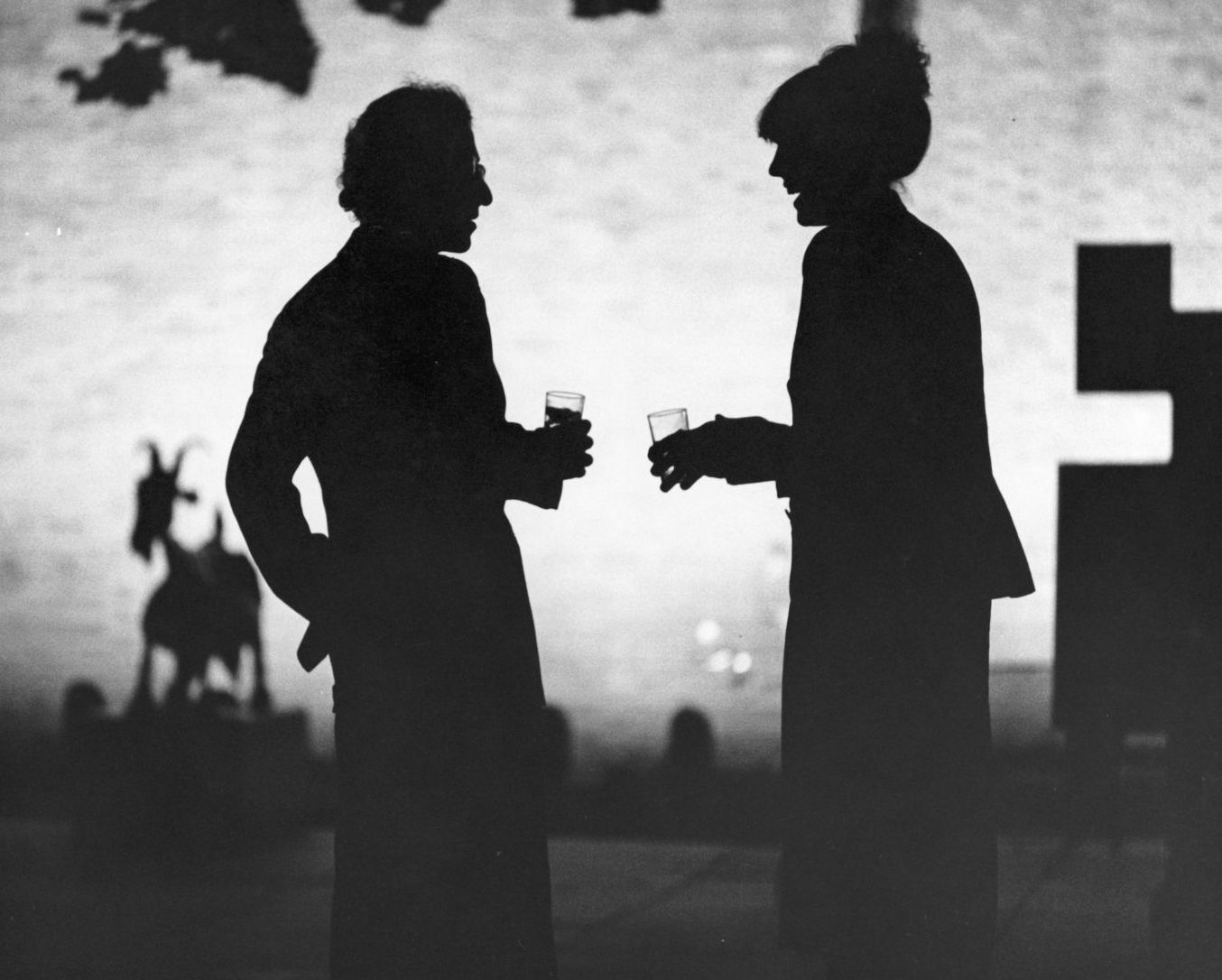
Isaac (Woody Allen) is a forty-something writer who has a better romantic relationship with his hometown of Manhattan than he ever has with a woman in his life. Isaac is currently carrying on a relationship with a 17-year old girl that he is only half invested in because he sees the relationship as doomed to fail due to their age difference. His partner Tracy (Mariel Hemingway), however, is fully invested in their romance and realizes that she is falling in love with Isaac. After dealing with an ex-wife who divorced Isaac after realizing she was a lesbian deciding to write a book about their marriage, quitting his job as a writer for a television comedy, and believing he may be romantically interested in the woman his best friend is having an affair with, Isaac ends his relationship with Tracy in hopes of a revelation through self-discovery and a relationship with a woman his age. Isaac soon realizes that there does not exist one universal formula for a successful life, and even if there did, he probably wouldn't be satisfied with it.
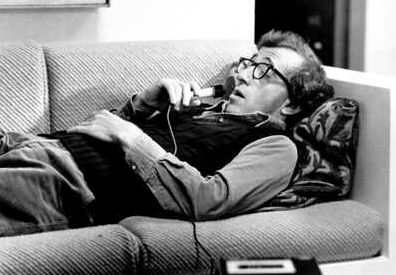
Woody Allen is one of my favorite filmmakers. The way he can weave a story through a theme of the uncertainty of oneself and the meaning of life has always pleased this existentialist. Woody Allen manages to bring these issues to every film I've seen of his in a new and innovative way which has inspired me to work my way through his entire filmography. What I was not prepared for before I watched Manhattan was how beautiful of a film Woody Allen is capable of. There are certain themes one conjures up when considering Woody Allen, among them, neurotic Jewish characters, self-aware nervous individuals, death, and bitingly quick film writing. I was pleasantly surprised just how gorgeous Manhattan was. Making the decision to shoot the film in black and white and providing subtly brilliant shots shows Allen's prowess as a director. Certain shots have stayed with me since I finished the film, for instance, the lighting in the planetarium scene when Isaac is trying to decide how he feels about his new muse, the shot through the blinds when Isaac is on the phone, Tracy sitting on the couch in the left corner of the screen as Isaac descends a set of stairs from the right corner of the screen, the shot of the couple on Isaac's television show seen arguing through wires from the ceiling, and of course the iconic shot of the Queensboro Bridge which adorns the film's poster, are all images that are beautiful in what they convey in each moment of the film—and images I can't forget. Woody Allen asks a serious question in Manhattan—"What makes life worth living", well, part of my answer is: Woody Allen films.
